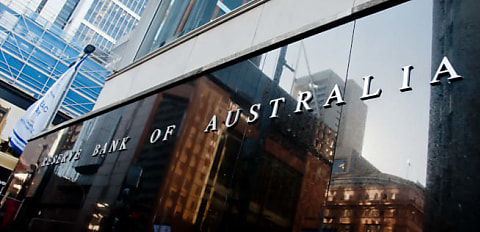The Reserve Bank of Australia (RBA) has decided to hold the official cash rate steady at 4.35 per cent in its final monetary policy decision for 2023.
RBA governor Michele Bullock stated following the decision: “Higher interest rates are working to establish a more sustainable balance between aggregate supply and demand in the economy. The impact of the more recent rate rises, including last month’s, will continue to flow through the economy.
“Holding the cash rate steady at this meeting will allow time to assess the impact of the increases in interest rates on demand, inflation, and the labour market.”
“There are still significant uncertainties around the outlook. While there have been encouraging signs on goods inflation abroad, services price inflation has remained persistent and the same could occur in Australia,” Ms Bullock said.
“Whether further tightening of monetary policy is required to ensure that inflation returns to target in a reasonable time frame will depend upon the data and the evolving assessment of risks.”
This decision was widely expected by bank economists and the market at large, with the ASX’s RBA Rate Tracker revealing the market expected a 95 per cent of “no change” for the December decision (as of 4 December).
Reacting to the decision, PropTrack senior economist Eleanor Creagh said that conditions are expected to soften going forward as the full extent of monetary tightening to date is yet to be realised, while inflation is “likely to continue moving lower as a result”.
“The RBA has been clear that it has a low tolerance for allowing inflation to return to target more slowly than currently expected,” Ms Creagh said.
“This means it’s likely the cash rate has peaked in this current tightening cycle, although should inflation data indicate inflation is returning to target at a slower pace than currently expected the risk of another lift in February 2024 remains.”
Ms Creagh added that the decision to pause will “maintain both buyer and seller confidence” as interest rates sit either at or near its peak.
“The outlook for the economy is weaker, however, population growth is set to remain strong. Together with a shortage of new home builds and challenging conditions in the rental market, prices are expected to continue rising, though the pace of growth will continue to slow,” she said.
CreditorWatch chief economist Anneke Thompson said that stagnating retail sales and rising unemployment along with slowing inflation have convinced the RBA that its “current monetary policy settings are sufficient to slow the economy”.
“The strength of retail sales over the Christmas period and the volume of summer holiday spending will help inform the RBA’s next move at the February 2024 meeting,” Ms Thompson said.
“Very high migration levels to Australia will likely cause our inflation number to fall at a slower rate. However, overseas movements are a good sign that the global factors that impact inflation are very much past their peak.”
CoreLogic head of research Eliza Owen has suggested that the monthly CPI measure may have "had less influence on the RBA decision".
"That’s because October CPI was impacted by various subsidies, including the increase to the Commonwealth Rental Assistance, and excluded some services where inflation is more persistent. This gave a less clear read on inflationary pressures."
What was expected?
The most recent monthly Consumer Price Index (CPI) data for October – which revealed a 4.9 per cent rise, down from the 5.6 per cent in September – was anticipated to play a major role in the RBA’s December meeting.
Following the November monetary policy meeting that saw interest rates rise for the fifth time this year, RBA board members concluded that another rate hike was necessary due to risks around the outlook for inflation along with the September quarter CPI result being “higher than previously expected”.
Commenting at the time of the October CPI release, Ms Thompson stated the drop in inflation showed encouraging signs that the RBA’s monetary policy was “taming the inflation beast”.
[RELATED: Rate hike reprieve likely for December]

